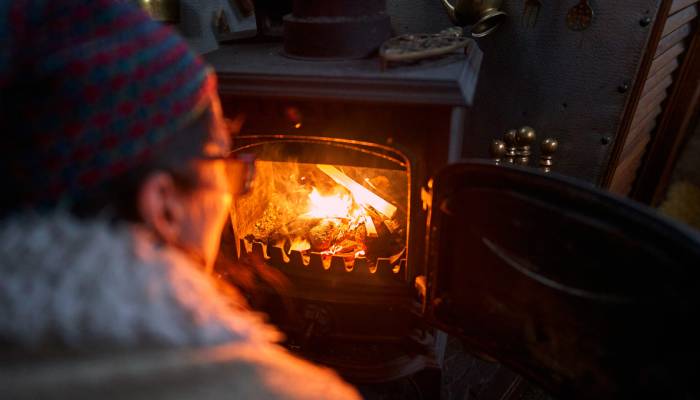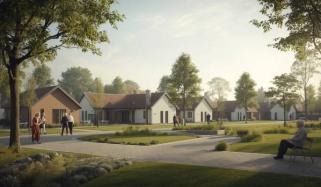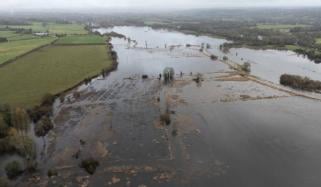
We often hear that visiting a village is a great way to avoid city pollution and attain a sense of calm and mental peace.
But a recent report has made a surprising discovery, which is completely opposite to this.
As per The Guardian, several studies are showing that rural towns and villages are also experiencing significant air pollution mainly due to wood heating.
To closely monitor this matter, a group of scientists decided to live in the small village of Retje, Slovenia, with 690 residents during the winter.
Dr Kristina Glojek, from the University of Nova Gorica, described a scene, “The scenery seems idyllic; a small village with a church on top of a hill surrounded by dense forest and frequently covered with snow. Yet, in the cold part of the year, the village is often enveloped in a brownish fog.”
In the village, public buildings are heated through a central district heating system, while most households use wood as a source of heat for their homes.
Air pollution monitoring equipment was placed in the village and for almost two months, Dr Glojek and her team walked 4 miles (6km) three times a day, carrying the equipments in backup.
Glojek explained, “Some of the practicalities, low temperatures, early darkness, constant problems with the scientific equipment and also a lot of wildlife, including bears. These hibernate, but not the whole time.”
She added, “When air settled in the valley, particle pollution reached the level of the most polluted cities of the world. After walking for two hours, three times a day we could not wash off the smell. Out of 88 winter days, 34 of them exceeded the legal limits.”
Describing the point of view of local people, she said, “Seventy per cent believed that air quality in their area was good, and 89% believed that wood smoke did not have a negative effect on health. All the other culprits of local pollution were mentioned, although they are practically non-existent in the area.”
Overall, wood-burning is often considered climate-neutral but it actually has negative environmental effects.
Cutting down trees removes an important carbon sink and burning wood releases methane, a greenhouse gas that poses severe health risks to human health.















